TPO – According to Ms. Le Thi Kim Phuong – Director of the Department of Industry and Trade of Da Nang City, there are a number of interested investors who have contacted and asked for information about the policy of the Da Nang Free Trade Zone, but so far no investors have officially registered to invest.
On August 6, at the press conference of the People's Committee of Da Nang City, reporters asked many questions to the city's leaders regarding the Free Trade Zone that the National Assembly has just agreed to allow Da Nang to pilot.
Ms. Le Thi Kim Phuong - Director of the Department of Industry and Trade of Da Nang City - said that the Free Trade Zone is a complex of functional areas including a commercial - service area, a logistics area, a production area and other functional areas. Da Nang is expected to need a scale of 1,000 - 1,500 hectares of total area of the sub-areas, with large and small locations depending on the requirements, scattered in many areas.
Ms. Phuong said that there are some interested investors who have contacted her to ask for information about the Da Nang Free Trade Zone policy, but so far no investors have officially registered to invest.
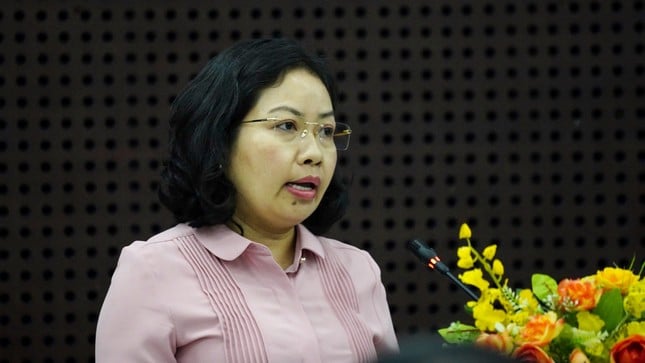 |
Ms. Le Thi Kim Phuong - Director of the Department of Industry and Trade of Da Nang City - answered questions at the press conference. |
Mr. Tran Chi Cuong - Vice Chairman of the People's Committee of Da Nang City - said that currently, there are many Free Trade Zones in the world and around the region, but our country does not have one. When Da Nang proposed, many localities also wanted to build Free Trade Zones like Da Nang, but the Central Government assigned Da Nang to pilot. This shows trust in Da Nang.
According to Mr. Cuong, after being approved by the National Assembly, the important thing now is that Da Nang is choosing locations to place functional subdivisions in the Free Trade Zone. Along with that, it is also necessary to calculate the locations to ensure that it is a closed fenced area, but still promote the development of the entire city and spread to provinces and cities in the region.
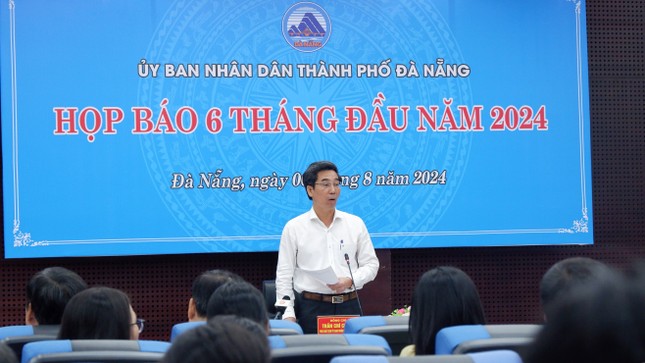 |
| Mr. Tran Chi Cuong, Vice Chairman of Da Nang City People's Committee, talked about the Free Trade Zone at the press conference. |
Mr. Cuong said that there are many opinions that the policies stipulated in Resolution 136/2024 of the National Assembly on free trade zones are similar to those of economic zones. Such policies are difficult to compete with those of countries in the region.
According to Mr. Cuong, it takes time to have strong policies. On January 1, 2025, Resolution 136/2024 on organizing urban government and piloting a number of specific mechanisms and policies for the development of Da Nang City will take effect. From now until then, Da Nang must submit to the Prime Minister a project to establish a Free Trade Zone, along with policies, clearly showing the locations of functional subdivisions for approval.
Along with that, the People's Council of Da Nang City will have to consider and approve nearly 30 Resolutions related to the procedures for implementing Resolution 136/2024 with a huge amount of work but only piloted for 5 years.
“By 2027, Da Nang must form at least 1-2 functional sub-zones within the Free Trade Zone. This will provide a basis for reviewing Resolution 136 and continuing to propose new policies so that the Da Nang Free Trade Zone can compete with other Free Trade Zones in the region,” said Mr. Cuong.
Among the locations where Da Nang authorities are seeking opinions to establish functional areas of the Free Trade Zone, the location proposing sea encroachment is noteworthy.
Talking about the story of sea encroachment, Mr. Tran Chi Cuong said that three sides of Da Nang city are mountains, one side is the sea. The city does not trade the environment for economic development. Da Nang must maintain a sustainable environment for development.
“Just one environmental or climate issue will certainly have a huge impact on Da Nang, possibly from the mountains down, from the sea in… The city has seen and recognized that. Da Nang does not trade the environment for economic development. Many large projects come in, possibly with large revenues, but we choose what ensures sustainable development and environmental protection,” Mr. Cuong affirmed.


![[Photo] Nhan Dan Newspaper announces the project "Love Vietnam so much"](https://vstatic.vietnam.vn/vietnam/resource/IMAGE/2025/4/17/362f882012d3432783fc92fab1b3e980)
![[Photo] Closing of the 4th Summit of the Partnership for Green Growth and the Global Goals](https://vstatic.vietnam.vn/vietnam/resource/IMAGE/2025/4/17/c0a0df9852c84e58be0a8b939189c85a)
![[Photo] General Secretary To Lam receives French Ambassador to Vietnam Olivier Brochet](https://vstatic.vietnam.vn/vietnam/resource/IMAGE/2025/4/17/49224f0f12e84b66a73b17eb251f7278)
![[Photo] National Assembly Chairman Tran Thanh Man meets with outstanding workers in the oil and gas industry](https://vstatic.vietnam.vn/vietnam/resource/IMAGE/2025/4/17/1d0de4026b75434ab34279624db7ee4a)
![[Photo] Promoting friendship, solidarity and cooperation between the armies and people of the two countries](https://vstatic.vietnam.vn/vietnam/resource/IMAGE/2025/4/17/0c4d087864f14092aed77252590b6bae)



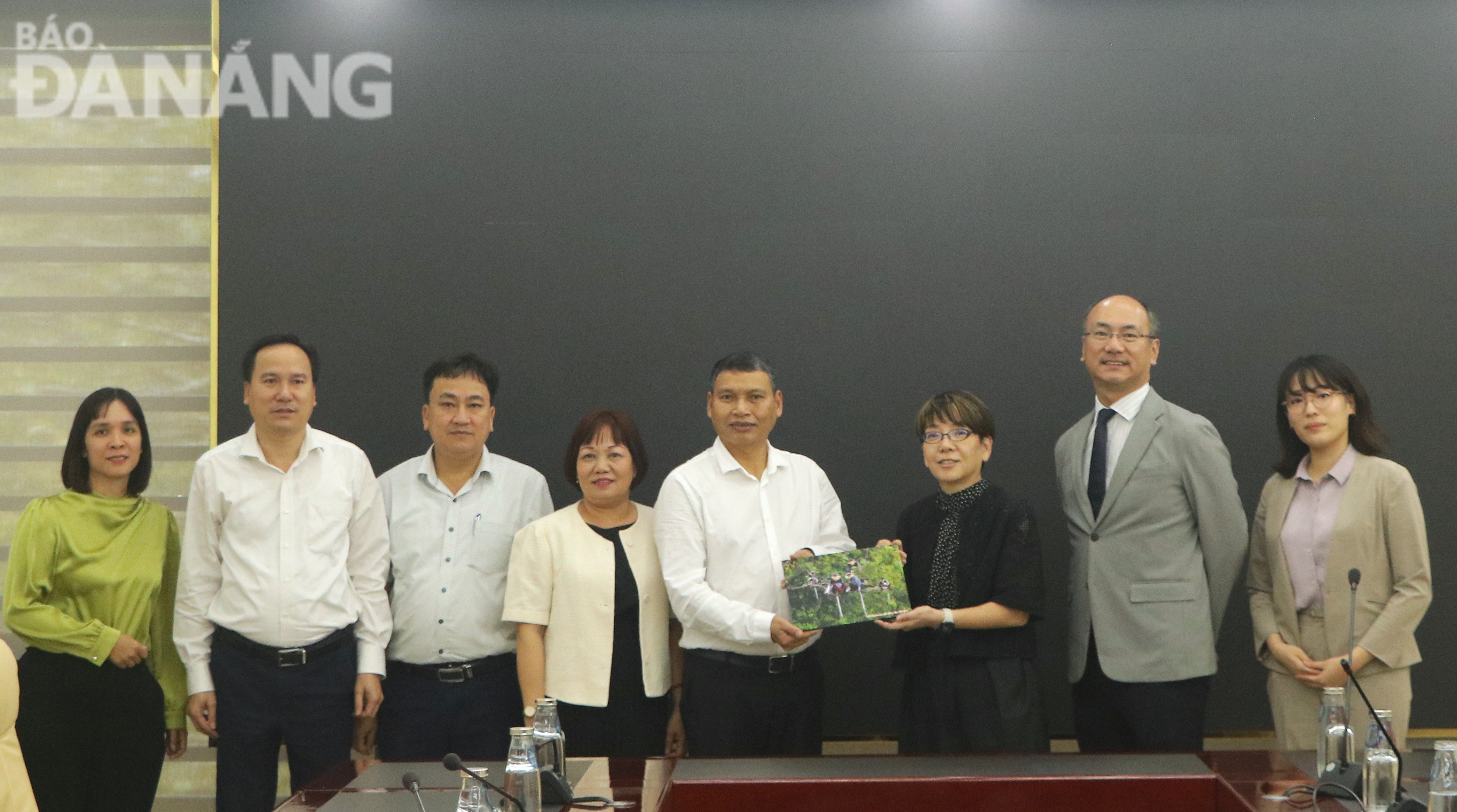





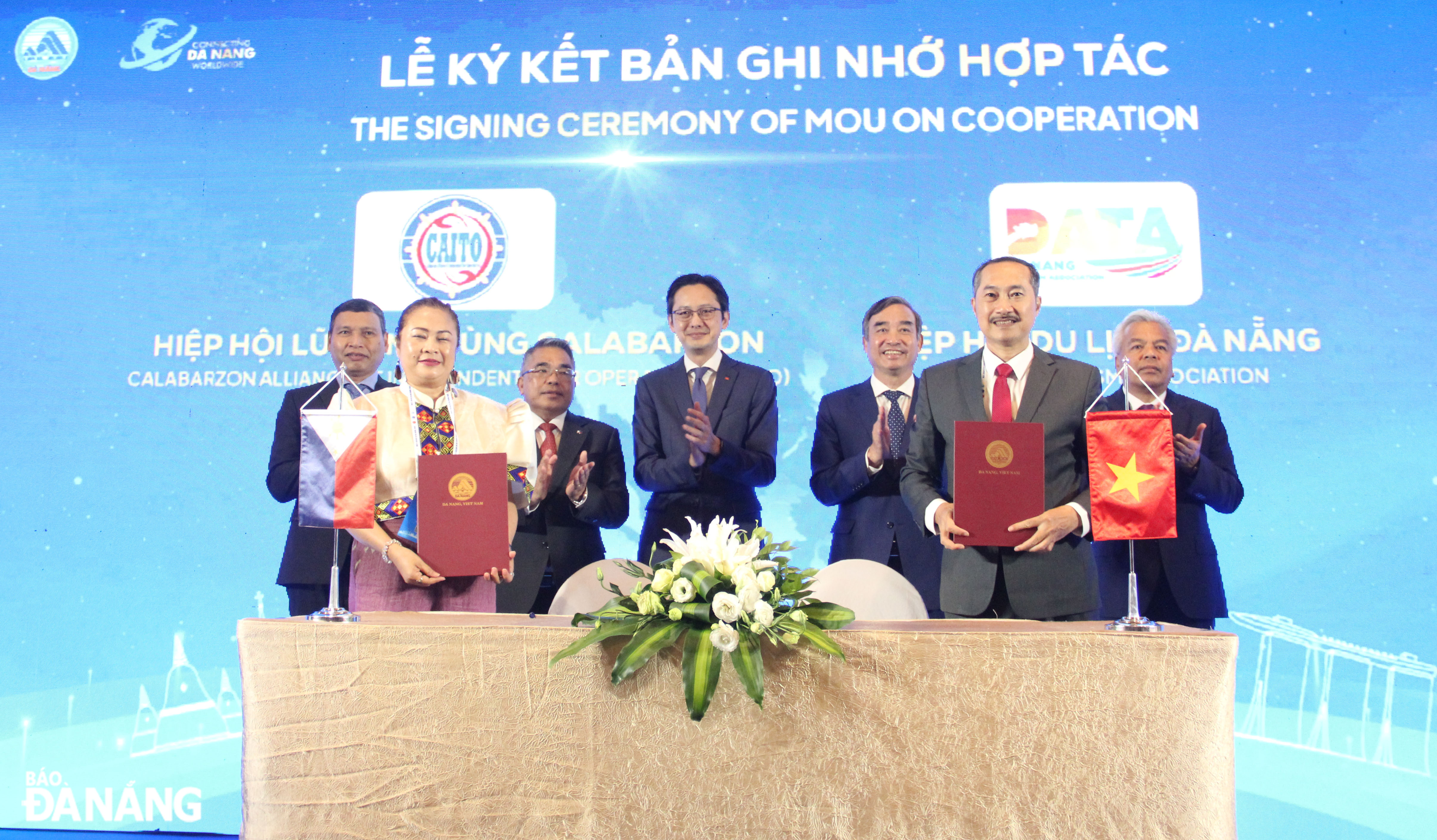
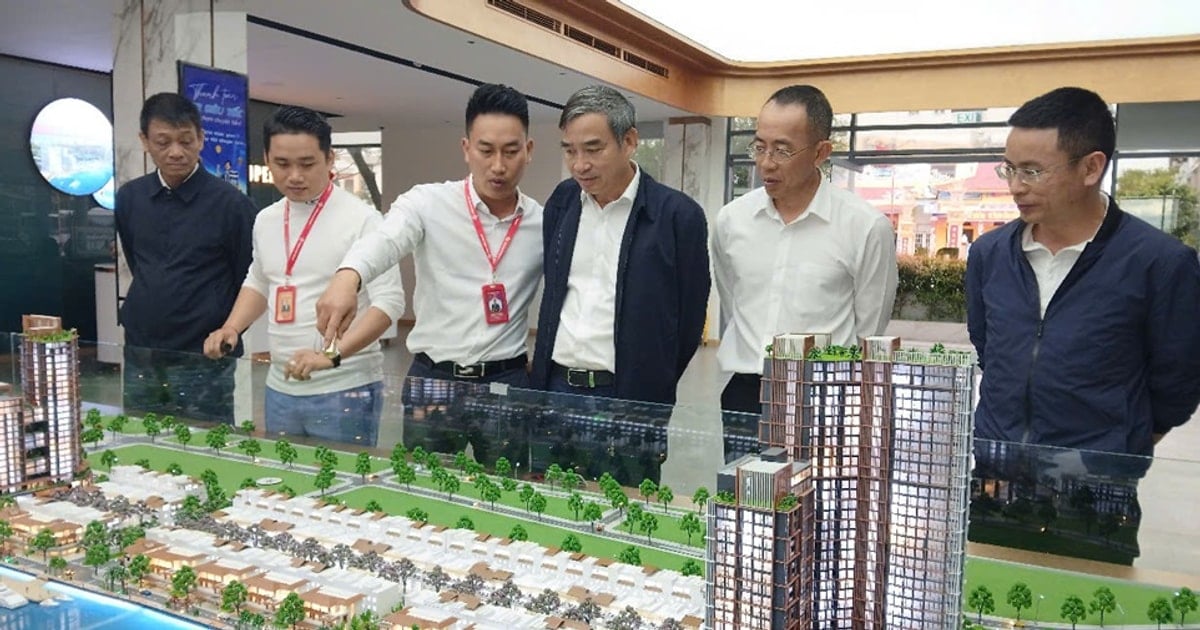
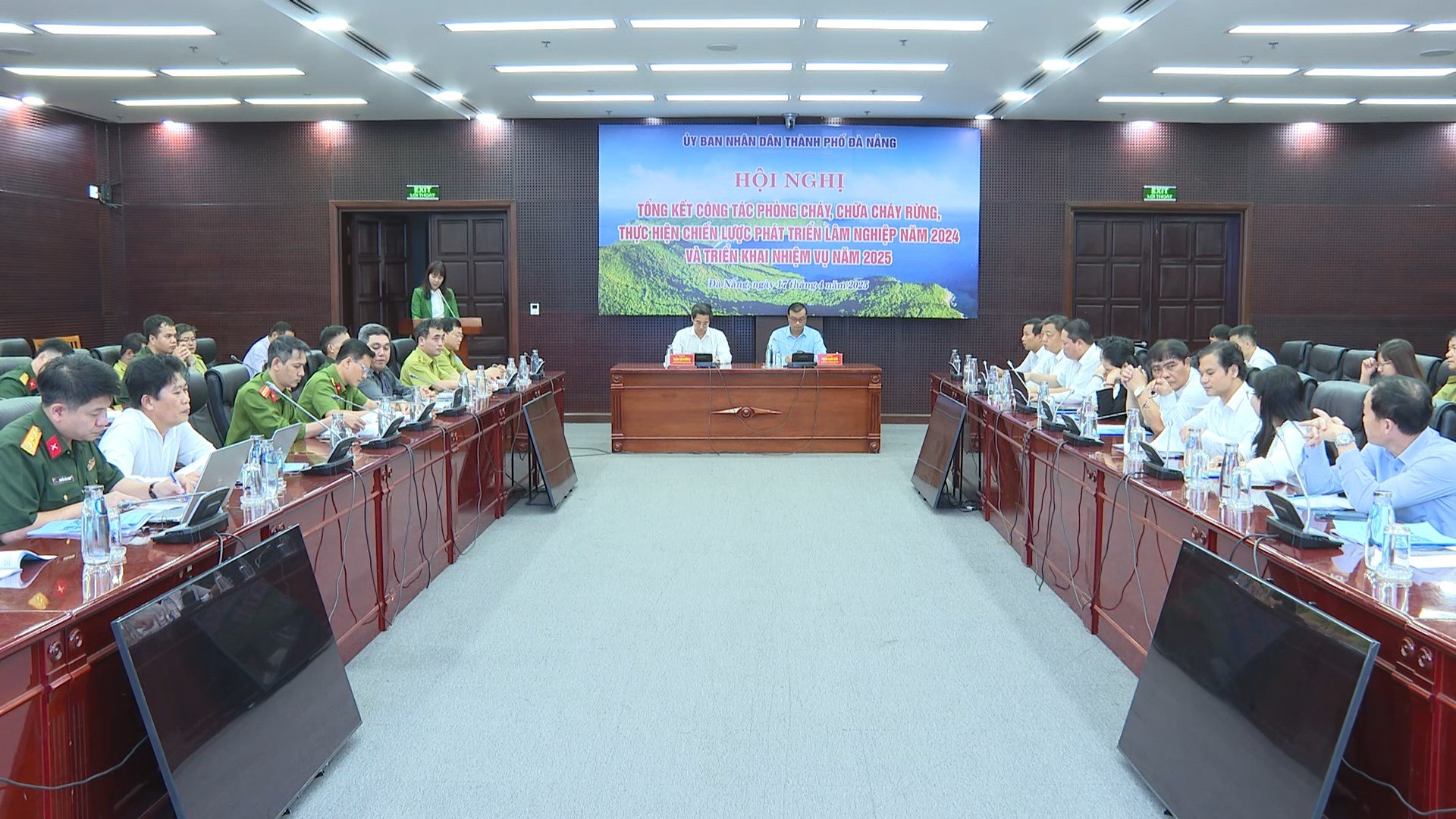
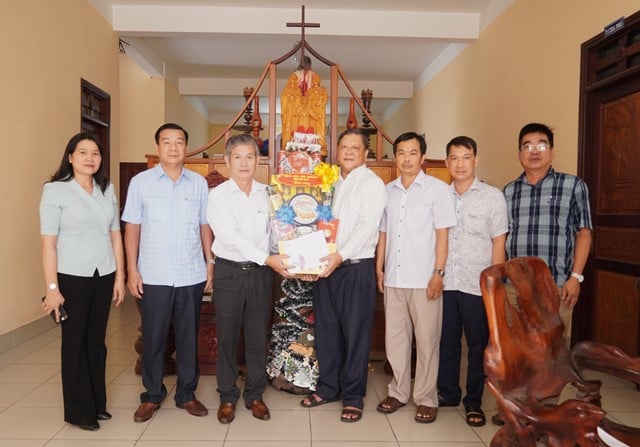
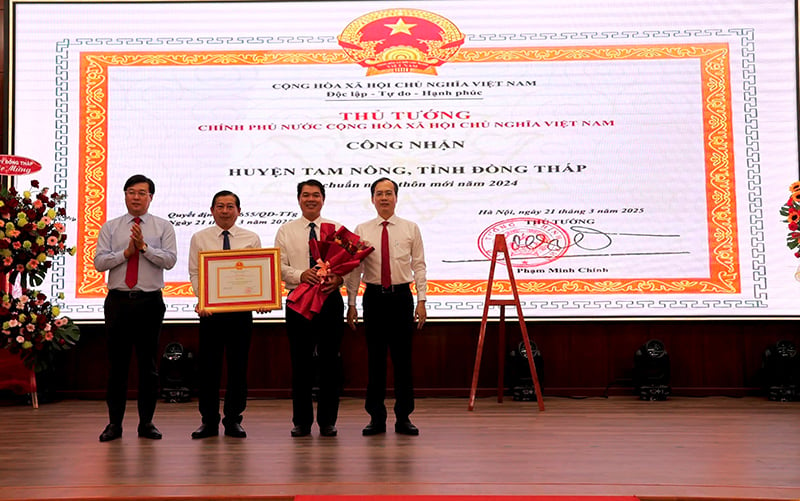
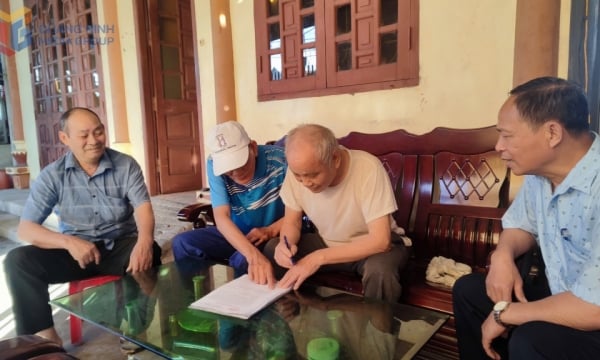
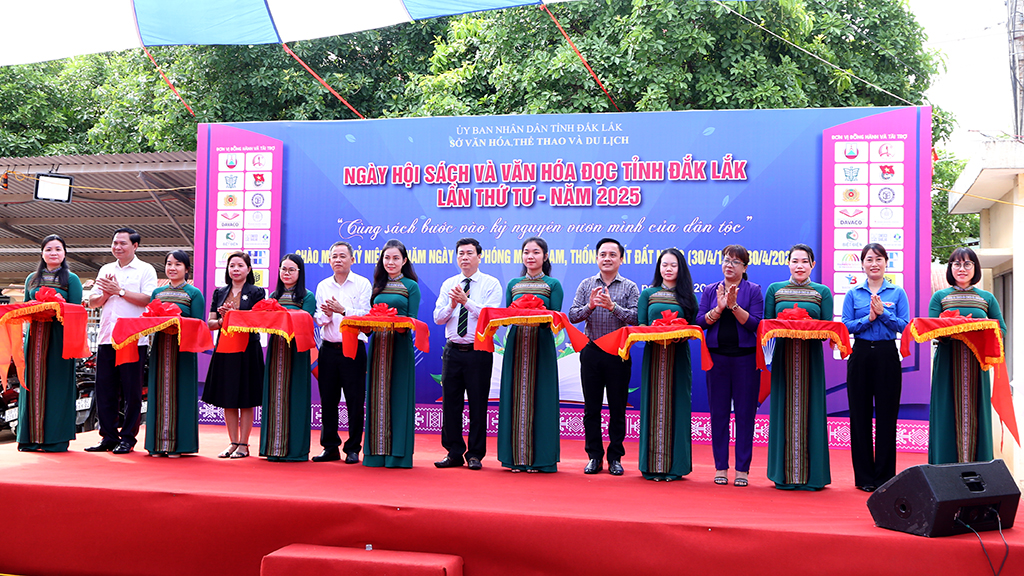





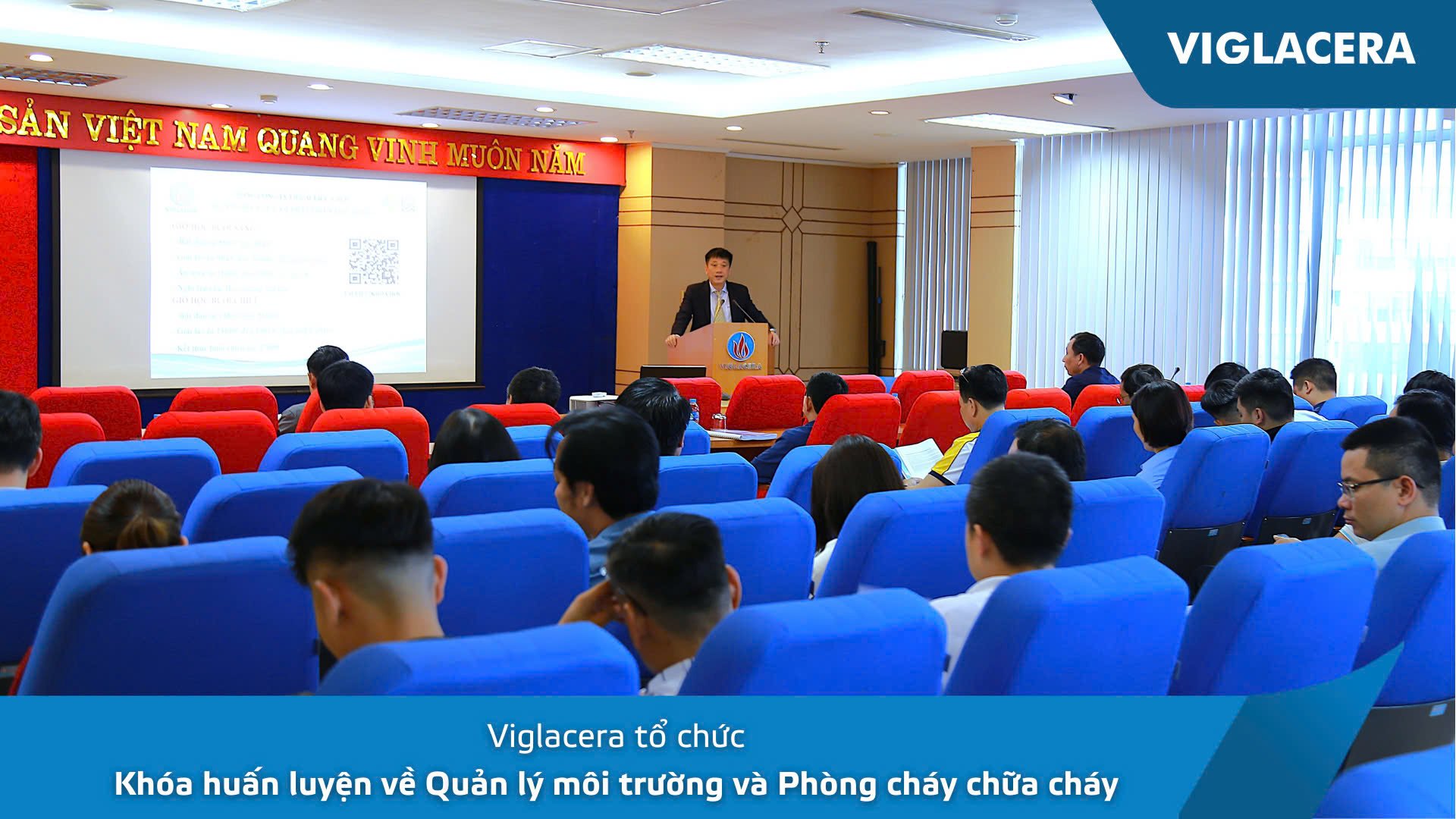
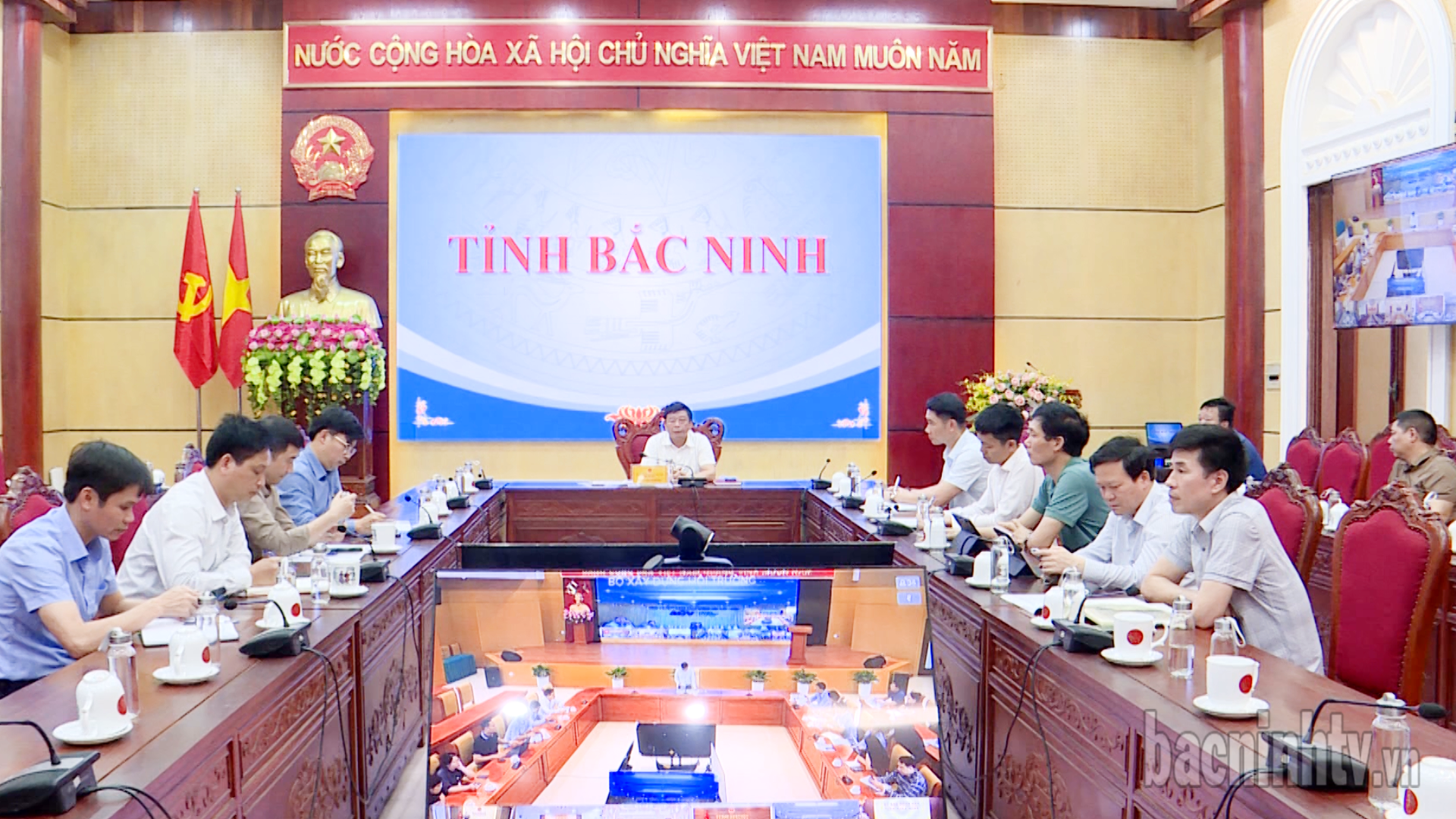
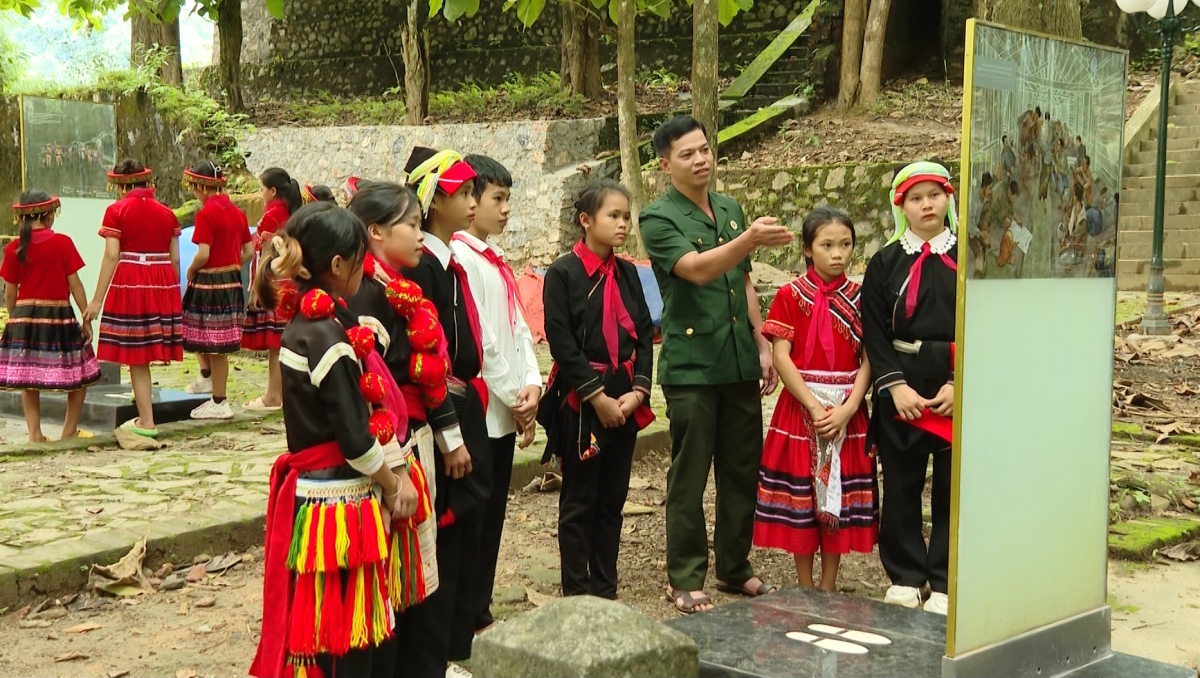
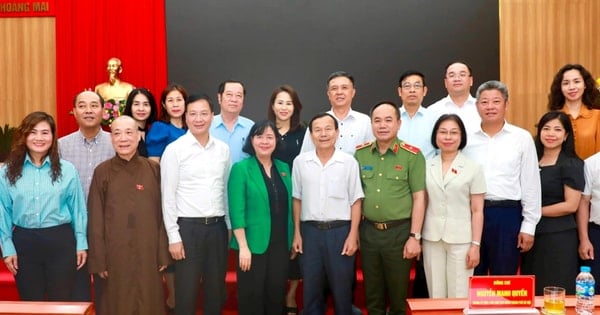
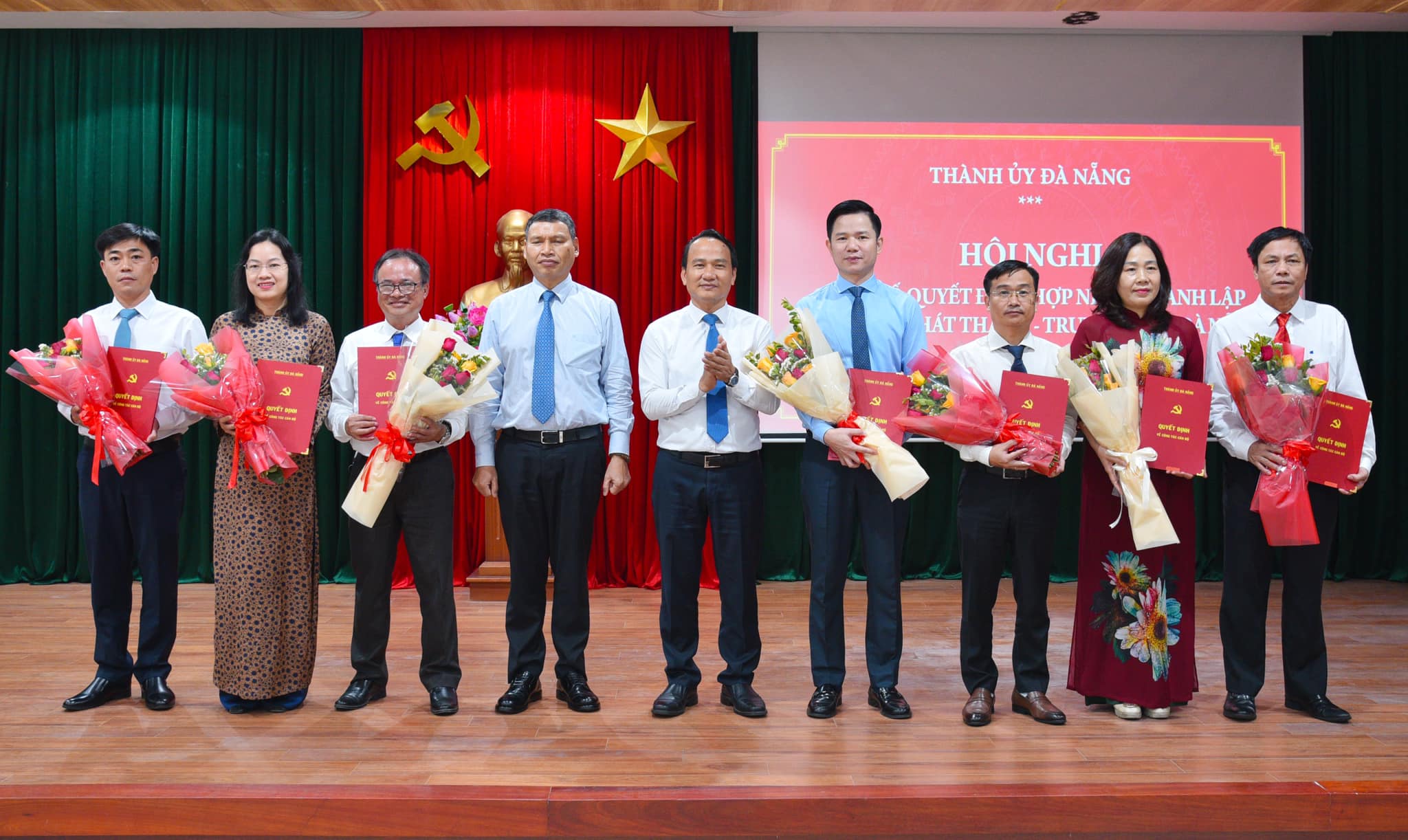
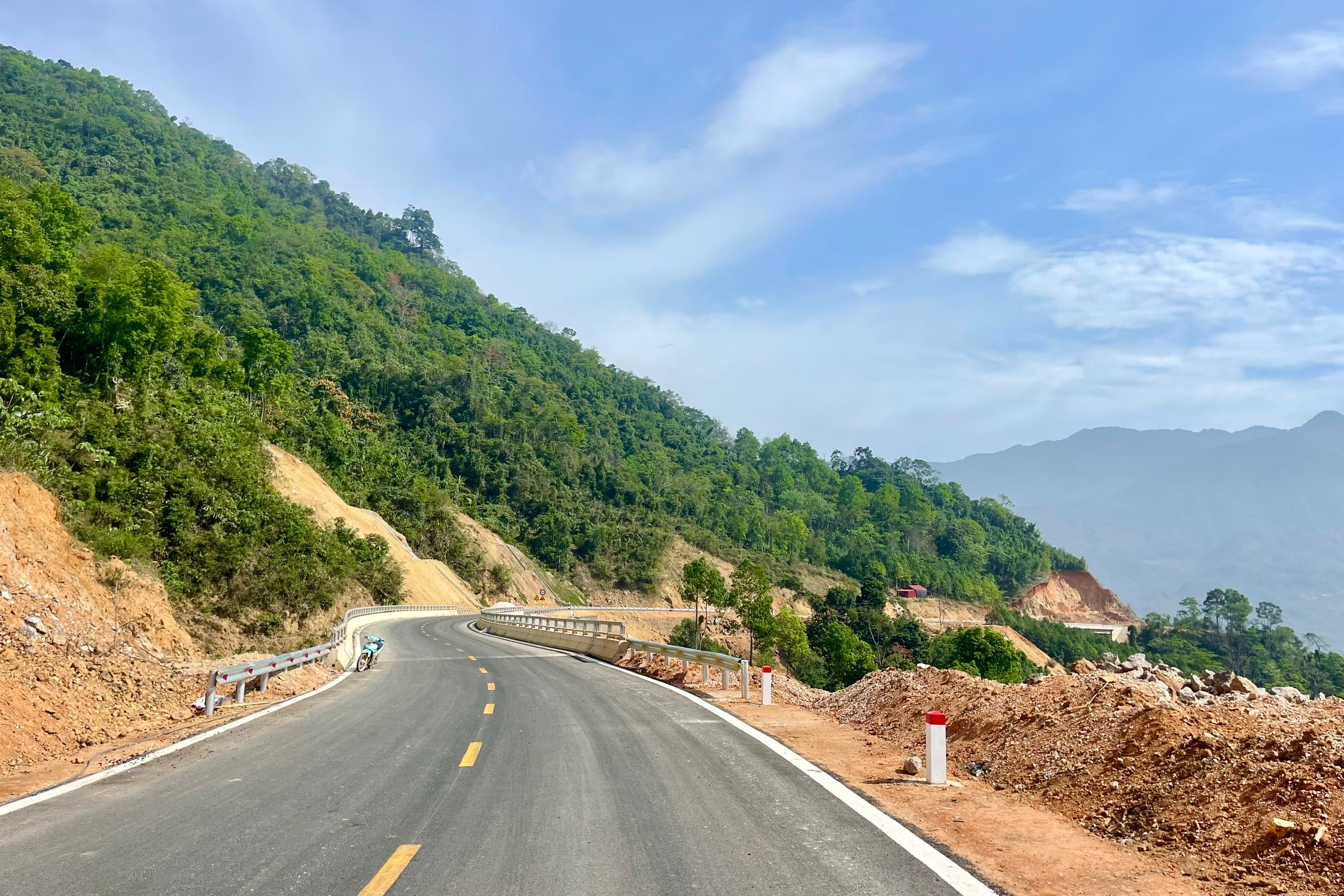
![[Photo] Welcoming ceremony for Chinese Defense Minister and delegation for friendship exchange](https://vstatic.vietnam.vn/vietnam/resource/IMAGE/2025/4/17/fadd533046594e5cacbb28de4c4d5655)


























![[Video] Viettel officially puts into operation the largest submarine optical cable line in Vietnam](https://vstatic.vietnam.vn/vietnam/resource/IMAGE/2025/4/17/f19008c6010c4a538cc422cb791ca0a1)

















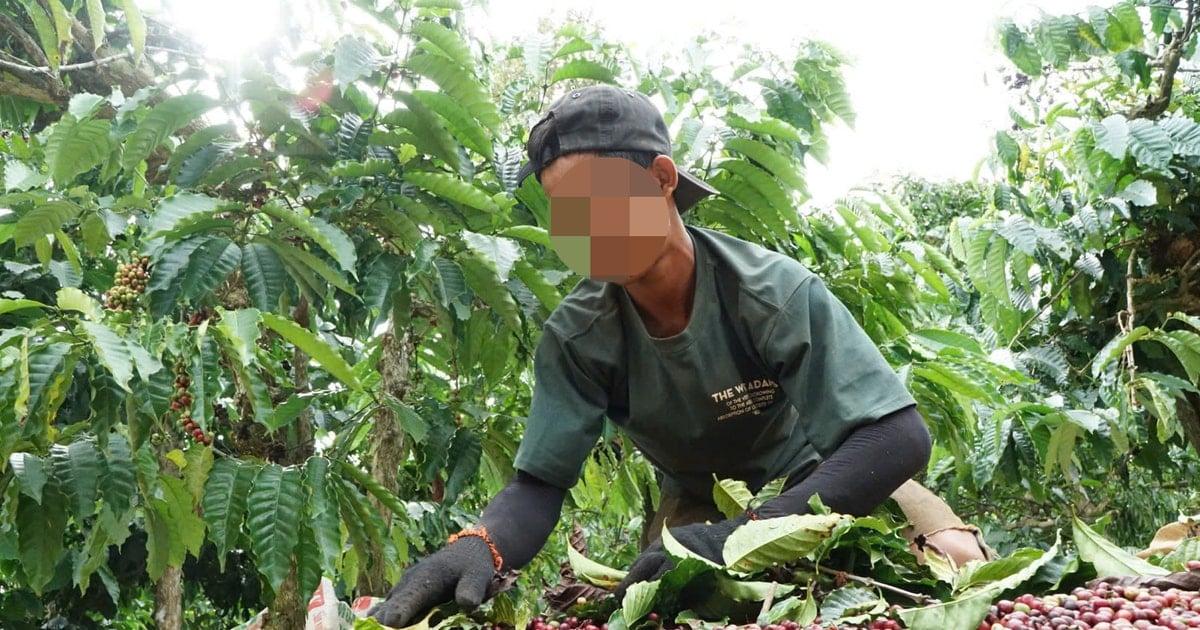

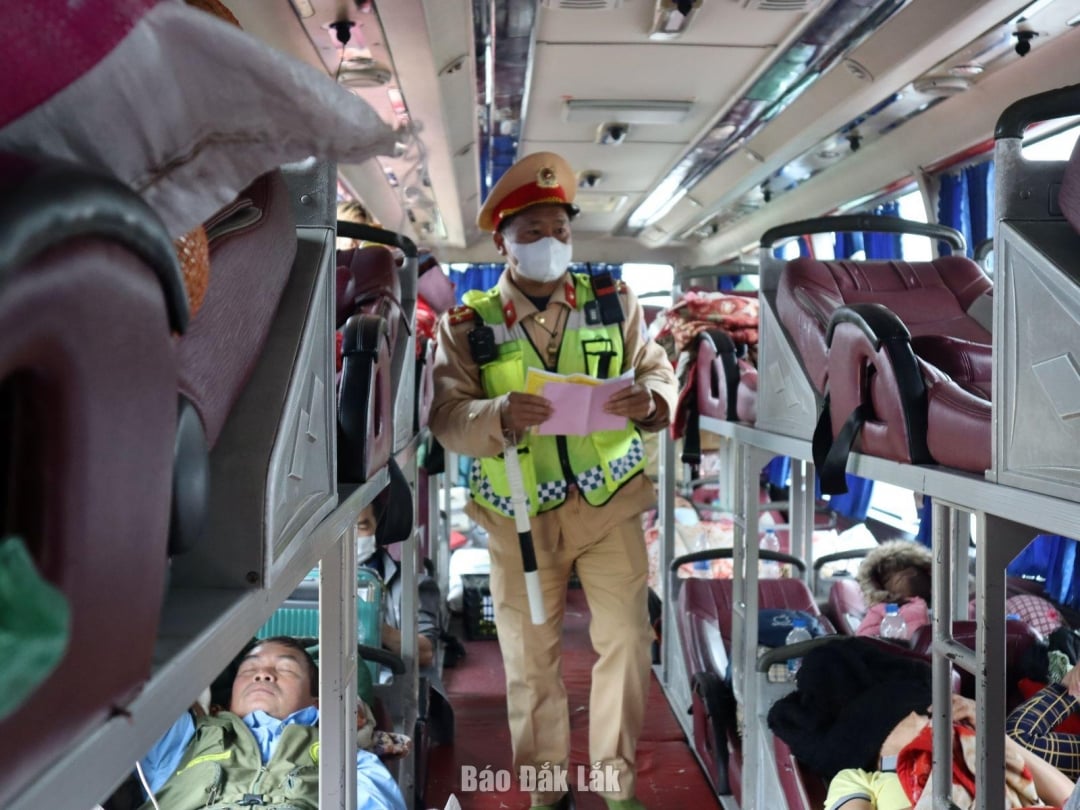

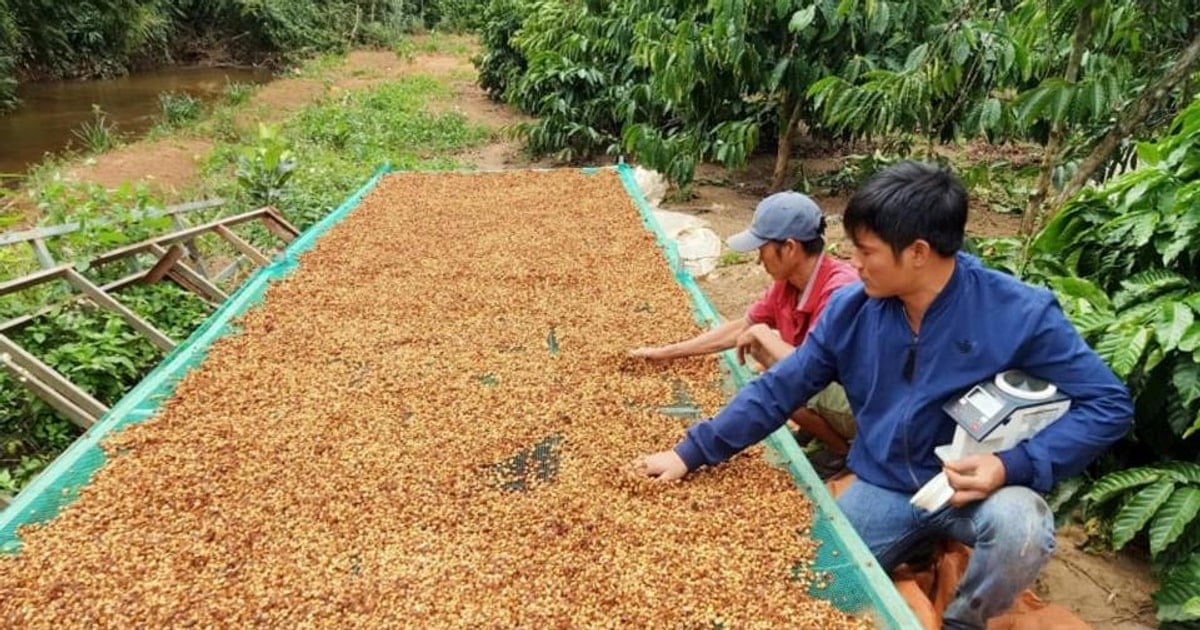
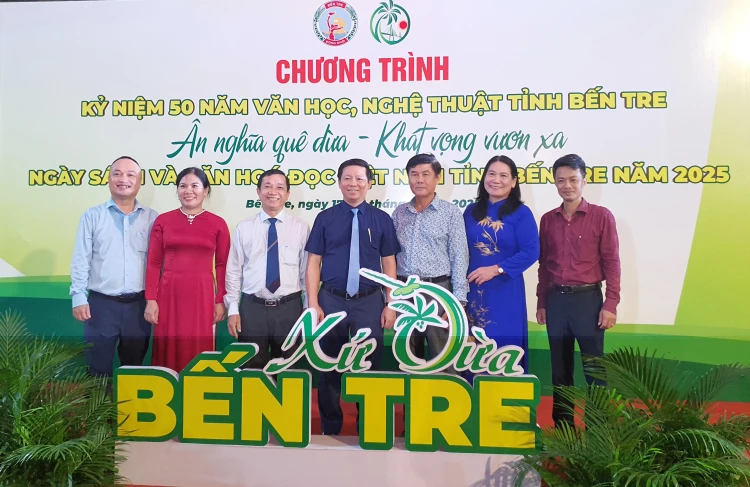











Comment (0)